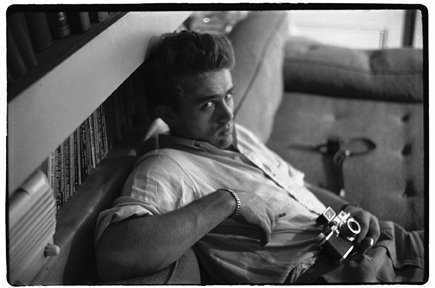The king of Ayodhya, Dashranata, wants to crown one of his son’s Rama as king of Ayodhya. However one of his wives, Kaikeyi, has her mind “poisoned” against Rama and his mother Kausalya and seeks to displace them in favor of her and her son. Many years prior to this she had saved the life of the king and been granted two boons- she claims them now to have Rama disinherited and her son Bharat installed as king.
Mother may I?
Son you shall.
*
patrimony is always an uncertain proposition,
lineage only identifiable in
the folds of a silk sari and the smooth slide of golden bangles
Counterpoint to the swath of sweat clinging to your distended sides
Chanting furiously through the
Wet pains of contractions
A portion of divinity wrung out in every gasping breath
*
A mother’s love for her child is idolatry,
(Not the crimson spotted handkerchief called martyrdom)
Fear not for the curves of meat
Bathe the boy in the milk
Of your regard
There is no mother’s love that is
Yielding, that does not cut both ways
Viciously.
His limpid boyhood will be eclipsed by the
transcendent fury of his ascension
*
For love of sons we make
Enemies of men
Motherhood is a strange armor
And we wear it, ceaseless
Strapped to the legs to
Keep us sinking.
Mothers and martyrs
The love that lets itself be
Wounded must be terrifying
Tyrannical, despotic in
Standing and striding through a hail of arrows
Risking the perfumed cascade of
Twilight hours to secure my
Progeny, is another word for sacrifice
That contains all the elements of injury:
Scar, fire


3 comments:
Pardonnez-moi, but Kaikeyi's son was Bharat.
I like that I have READ this OUTLOUD to South Asian peoples and no one but you has had the nerve to suggest I did it wrong
thanks?
For convenience's sake, shall I retract? In case people read it and pounce on you even though they were no better than yourself but till a few moments ago?
i really like the poem though
Post a Comment